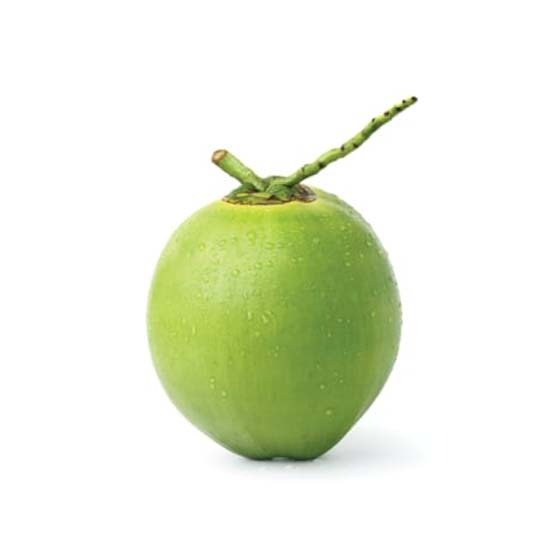The Economic Impact of Coconut Tree Kerala Rural Life
Coconut Tree Kerala has been synonymous with the landscape of Kerala, India, for centuries. As one of the most versatile trees, coconuts have shaped the economic, social, and cultural fabric of rural Kerala.

Coconut Tree Kerala has been synonymous with the landscape of Kerala, India, for centuries. As one of the most versatile trees, coconuts have shaped the economic, social, and cultural fabric of rural Kerala. The economic importance of coconut trees in this region extends beyond simple agricultural production; it is intertwined with livelihoods, local industries, and the environment. This blog post explores how the coconut tree influences rural life in Kerala, emphasizing its economic impact, job creation, sustainability, and potential for future growth.
1. Coconut as a Primary Agricultural Resource
Kerala is often referred to as the Coconut Benefits with nearly 45% of India’s total coconut production coming from this state. The tropical climate, abundant rainfall, and fertile soil make Kerala an ideal region for coconut cultivation. The state’s farmers, particularly in rural areas, rely heavily on coconut farming as a primary source of income.
Coconut cultivation is a low-investment, high-return agricultural activity. Unlike other crops that require extensive inputs like fertilizers and pesticides, coconut trees require relatively low maintenance once established, making it a preferred choice for small-scale farmers. The vast number of coconut plantations in Kerala supports a sustainable livelihood for many families, especially in rural districts like Alappuzha, Kottayam, and Thrissur.
2. Job Creation and Rural Employment
Brown Coconut also contribute to employment in rural Kerala, both directly and indirectly. Farming itself is a labor-intensive process, involving tasks such as planting, harvesting, and processing coconuts. In many rural areas, entire communities are involved in these processes. Moreover, the coconut industry creates jobs in ancillary sectors like coconut oil production, coir manufacturing, and the sale of fresh coconut water.
The harvesting of coconuts, which occurs multiple times a year, creates seasonal work for many people, including women and migrant workers. In some parts of Kerala, the traditional method of “climbing the coconut tree” for harvesting is still prevalent, requiring skilled labor that is passed down through generations. This provides an avenue for employment, especially in rural areas where other opportunities might be scarce.
3. Coir Industry and Value Addition
One of the most significant economic contributions of coconut trees in Kerala is the coir industry. Coir, which is derived from the fibrous husk of coconuts, is used to make a variety of products, including mats, ropes, and brushes. Kerala is the global leader in coir production, with the industry employing thousands of rural workers. The coir manufacturing process provides jobs not only for those directly involved in production but also for those in the logistics and export sectors.
Coir is exported worldwide, and the value-added products from coconut husk have gained significant international attention, making it a sustainable export commodity. The coir industry’s success has helped diversify the rural economy of Kerala, ensuring that coconuts contribute to more than just the food and beverage sector.
The Future of Coconut Farming in Kerala
The economic impact of coconut trees on rural Kerala is undeniable, but challenges remain. Issues like fluctuating prices, aging farmers, and the impact of climate change pose threats to the long-term sustainability of coconut farming in the state. However, the future of coconut farming looks promising, thanks to ongoing research, government support, and the growing global demand for coconut-based products.
Innovative initiatives like the promotion of coconut-based value-added products (such as coconut sugar, coconut water, and coconut-based beverages) are helping to diversify the income sources for rural farmers. Additionally, organic farming practices and the adoption of technology in processing are creating new opportunities for young farmers to get involved in the coconut industry.
Conclusion
Copra Definition has been an integral part of Kerala’s rural economy for centuries, providing not only food and materials but also employment, economic stability, and environmental benefits. From the local farmer to global consumers of coconut oil, coir, and water, the impact of the coconut tree reaches far and wide. As Kerala continues to embrace sustainable practices and explore innovative uses for coconuts, the economic importance of this humble tree will remain a cornerstone of rural life in the state.
What's Your Reaction?















.jpg)